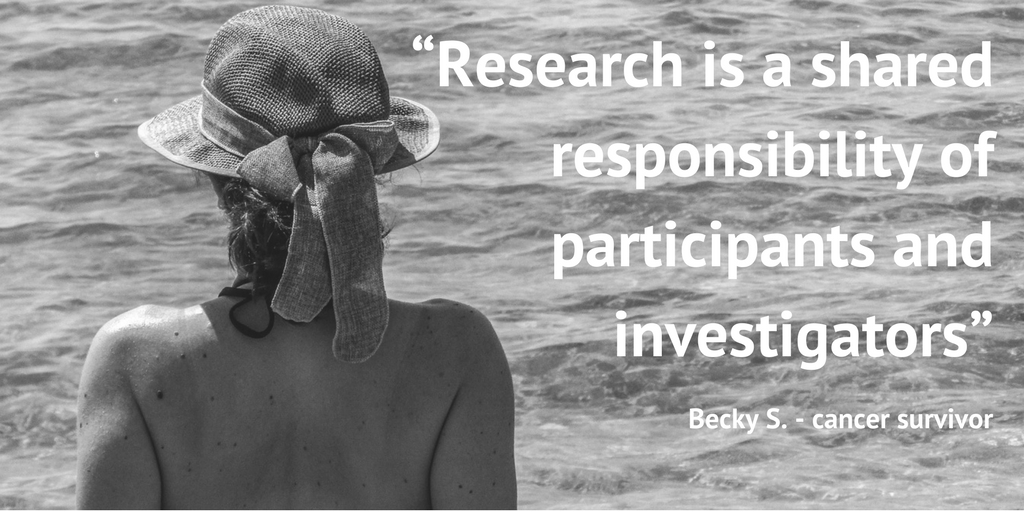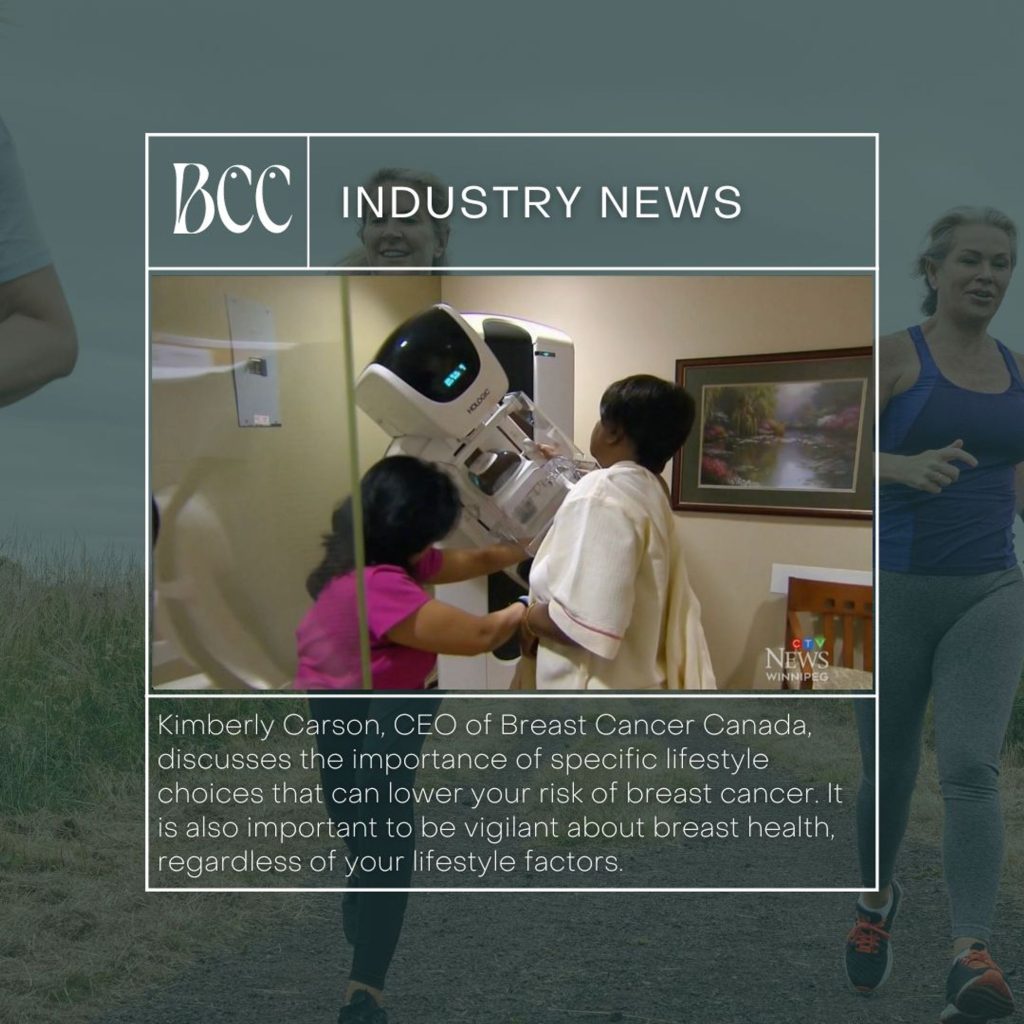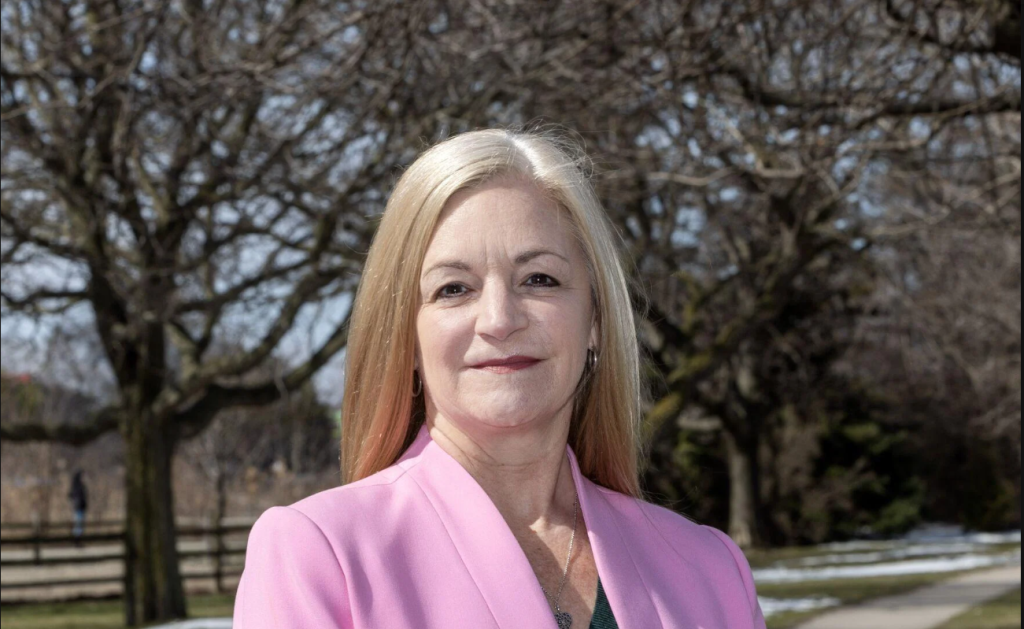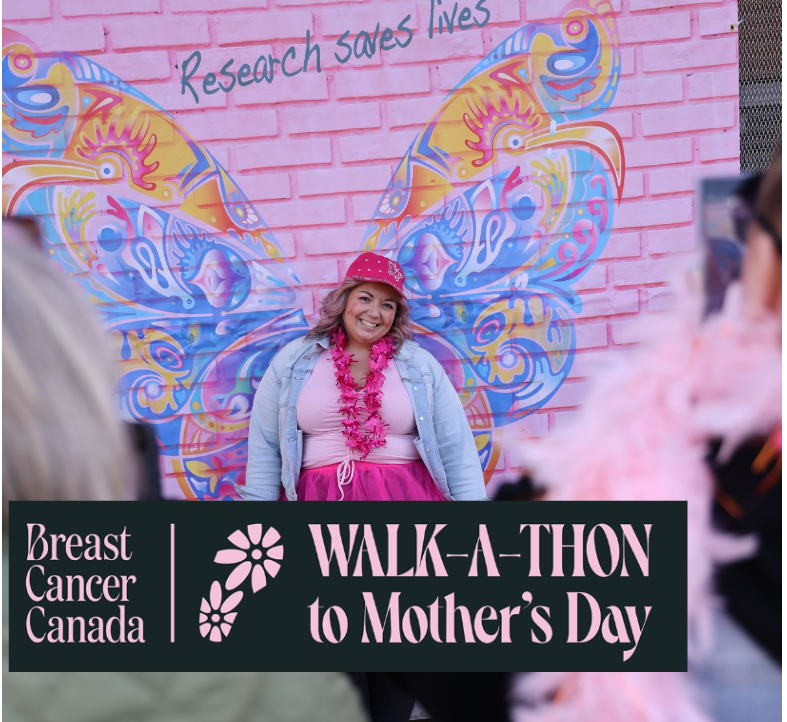Becky S., 37, calls herself “a girl on a winning streak.” That might sound a bit strange after you learn that she is a breast cancer survivor who has had an extensive history of surgery and chemotherapy. Yet, Becky truly believes that her hormone-sensitive stage II breast cancer, which was diagnosed in 2016, has been a stroke of luck, unlike other forms of the disease. “With my particular type of cancer, I seem to be eligible to participate in a clinical trial to become pregnant. I must take tamoxifen for five years. Hopefully the trial will give me a chance to have a baby safer.”
It has long been thought that pregnancy increases the probability of breast cancer relapse and the appearance of distant metastases, especially for women with estrogen-positive (ER+) disease. Estrogen plays a significant role during pregnancy, but it also provokes ER+ cancer cells growth and can awaken cancer cells that remain in the body even after the heavy treatment.
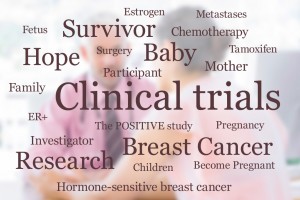 Yet, findings from a multicenter retrospective study show that for women with a history of ER+ breast cancer, pregnancy can be safe. The findings of the study were presented at the 2017 American Society of Clinical Oncology (ASCO) Annual Meeting by lead study author Dr. Matteo Lambertini (the Jules Bordet Institute in Brussels, Belgium).
Yet, findings from a multicenter retrospective study show that for women with a history of ER+ breast cancer, pregnancy can be safe. The findings of the study were presented at the 2017 American Society of Clinical Oncology (ASCO) Annual Meeting by lead study author Dr. Matteo Lambertini (the Jules Bordet Institute in Brussels, Belgium).
Just a year ago, Becky had never heard words like “retrospective study” or “clinical trials”. Her immersion in the field of breast cancer research unfolded gradually after a casual chat with her co-worker Lizzy at a party last year. Lizzy’s grandmother died of breast cancer many years ago, when tamoxifen was not available. The only option for endocrine therapy for women with ER+ breast cancer was oophorectomy, i.e. ovary removal. This procedure left women unable to have any biological children.
“Lizzy told me – Hey, you keep your ovaries inside, so technically you can have a baby! Science is constantly evolving. Just ask your doctor about the options for you,” recalls Becky. “Lizzy’s words firmly caught my mind. But my husband said pregnancy may be dangerous. He said, ‘I don’t need a child in exchange for your life.’”
Undeterred, Becky began searching for information on pregnancy after breast cancer treatment. She faced a lot of controversial opinions and specific medical terms. “I’ve read through so many specialised websites that I consider myself a kind of a self-taught researcher,” says Becky with a smile. Now, she confidently differentiates randomised controlled studies from, say, meta-analyses and reads a PubMed without having to double-check what a P-value is.
“It is not that overwhelming. Rather, the opposite, in fact. I would recommend all cancer survivors to be aware of what is going on in the field. Since I started learning more about cancer research, I feel calmer and a bit more protected. I see how hard researchers work on a cancer cure and how much has already been done to fight breast cancer. It’s highly supportive.”
Recently, Becky heard about The POSITIVE study that will research breast cancer and pregnancy. This study will evaluate the pregnancy outcomes and safety of interrupting endocrine therapy for young women with endocrine responsive breast cancer who wish to become pregnant. In other words, the goal of this study is to assess whether it is safe for breast cancer survivors to temporarily stop taking their hormone blockers such as tamoxifen and aromatase inhibitors, which are normally recommended for 5-10 years after initial treatment and may be dangerous for a fetus. The study also aims to evaluate different specific indicators related to fertility, pregnancy and breast cancer biology in young women.
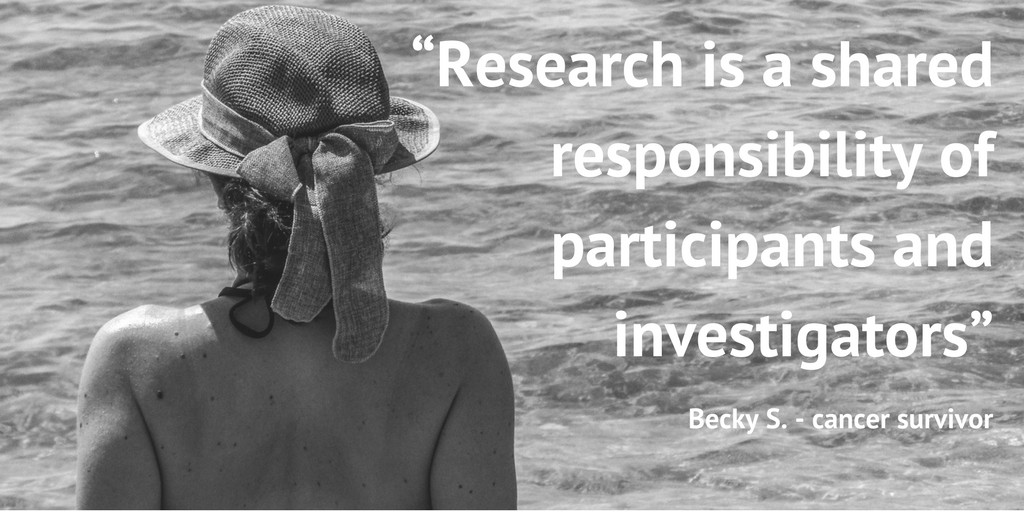
“This study is exactly what I need,” says Becky. “I believe it is my chance to both become a mother and show other women that hormone-positive breast cancer is no longer a sentence to childlessness.”
Participants will put endocrine therapy on hold for up to two years to enable pregnancy, delivery and breast-feeding. Then, therapy will be resumed. Participants will also be followed for 10 years after enrollment in the study. More information about the POSITIVE study can be found on ClinicalTrials.gov (Registration # NCT02308085).
The good news is that The POSITIVE is currently active in Canada. I met with Becky at Sunnybrook Health Sciences Centre, one of the participating institutions, where she came to learn more about the study. As a curious patient, she has already familiarized herself with all the details available on the Internet and compiled a list of questions to ask a clinical trials professional.
“Clinical trials and research are a shared responsibility of participants and investigators,” says Becky. “Some folks who are aware of my plan told me that I will be a kind of guinea pig, but they are completely wrong. I will become a teammate with a very special role, and hopefully I will become a mother some day despite the breast cancer in my past.
Natalia Mukhina –
Health journalist, reporter and cancer research advocate

Natalia Mukhina, MA in Health Studies, is a health journalist, reporter and cancer research advocate with a special focus on breast cancer. She is blogging on the up-to-date diagnostic and treatment opportunities, pharmaceutical developments, clinical trials, research methods, and medical advancements in breast cancer. Natalia participated in numerous breast cancer conferences including 18th Patient Advocate Program at 38th San Antonio Breast Cancer Symposium. She is a member of The Association of Health Care Journalists (AHCJ).

